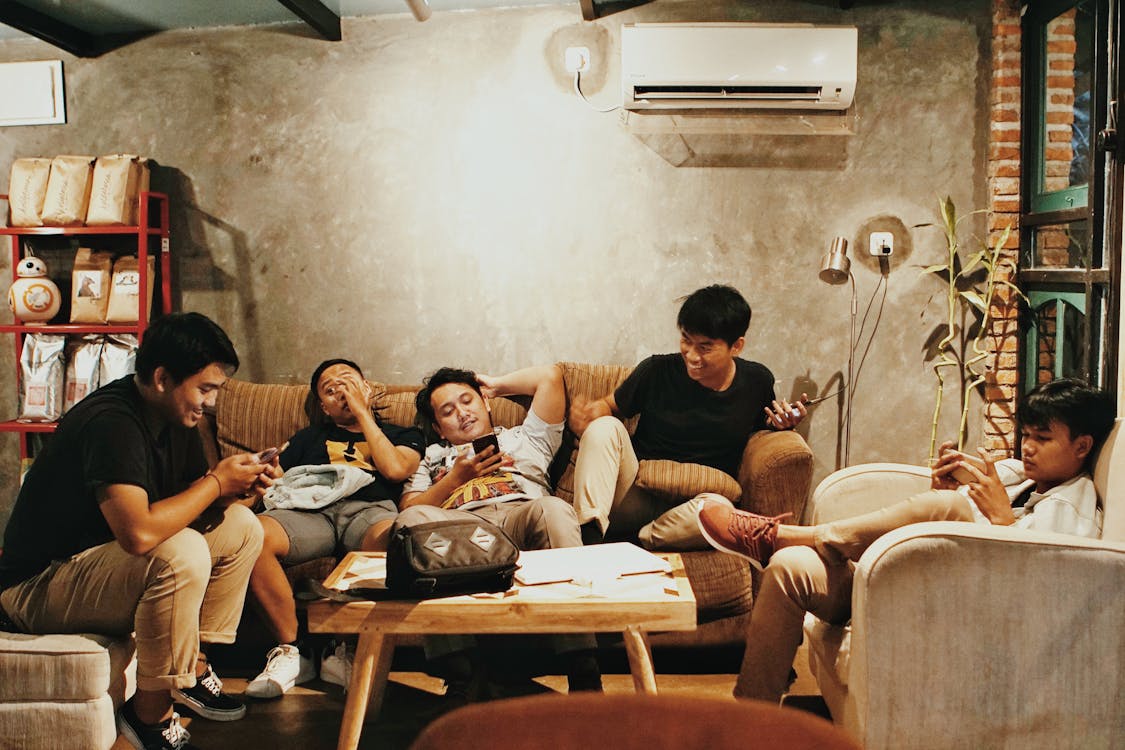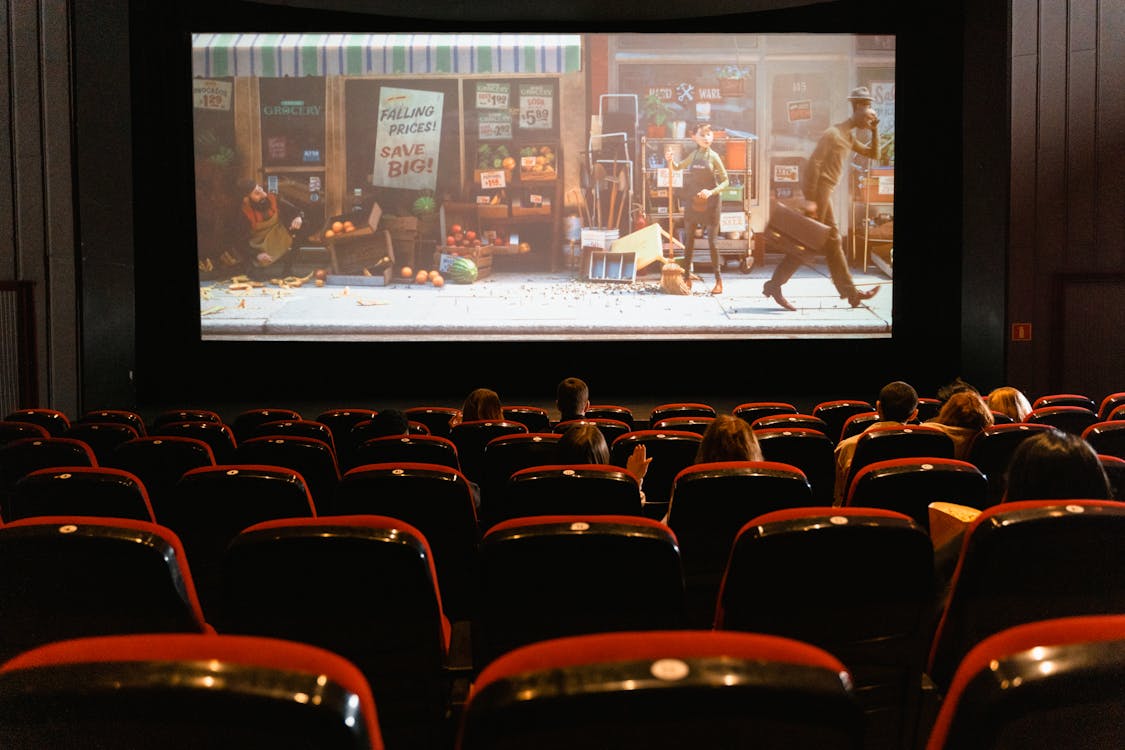The Clockwork City
Life in a Mechanism of Perfect Order

We were not promised a home. We were promised a function.
In the year 2025, our city is a marvel not of architecture, but of engineering. It is a grand, ticking contraption of flawless design. Every street is a gear, every citizen a cog, every moment a precise click of the great escapement. This is the Clockwork City. Its highest virtue is predictability. Its greatest achievement is the elimination of the unknown. The sun rises, and the city winds its mainspring. The transport systems engage with a gentle, synchronized whir. The flow of information and resources is metered with the perfect rhythm of a pendulum. We were told this mechanism would free us from the chaos of urban life. Instead, we find ourselves living inside the cold, beautiful, and inescapable logic of the machine.
The Unscheduled Moment

The first casualty of this perfect order was the concept of the unscheduled moment. In a clock, there is no "in-between." There is only the last tick and the next. So too, in our city. The very idea of spontaneity has become a mechanical error, a jam in the gears. Our personal schedules, optimized by a central intelligence, leave no gaps. A ten-minute window between appointments is not a chance to breathe; it is an inefficiency to be filled with a hyper-targeted micro-task or a pre-calculated wellness break. To simply stand on a corner and watch the world go by is to be flagged as a stalled component, a cog momentarily out of sync. A gentle prompt will appear on our lenses, suggesting a more "productive" use of our time. We have not lost our freedom to choose; we have lost the quiet spaces in which a choice might have been born.
The Value of Imperfection

The second loss was the value of beautiful imperfection. A clockmaker’s goal is uniformity. Every gear tooth must be identical, every spring coiled to the same tension. The Clockwork City, in its pursuit of function, has adopted the same philosophy for its people. Our needs and desires are no longer treated as unique expressions of our identity, but as standard deviations to be minimized. The city provides not what we want, but a statistical aggregate of what people like us are supposed to want. The small, eccentric coffee shop with its unpredictable service is replaced by a perfectly efficient dispenser unit. The quirky, hand-painted sign is replaced by a clean, universally legible digital display. Our individuality, with all its strange, inefficient, and wonderful variations, has become a source of friction in the machine. To run smoothly, the mechanism requires standardized parts. We are being gently, logically, and relentlessly standardized.
The Loss of Quietude

The final and most profound loss is that of quietude. A clock is never truly still. Even in the dead of night, there is the faint, insistent sound of its inner workings. Our city is the same. It is a mechanism that is always measuring, always recording, always optimizing. Sensors embedded in the pavement count our steps. The ambient sound is analyzed for signs of emotional distress. Our waste is cataloged to monitor our health. There is no off-switch. There is no corner of the city where one can simply be, unmeasured and unobserved. This is not the loud, oppressive surveillance of a tyrant; it is the quiet, constant, and well-intentioned hum of the machine checking on its components. But the effect is the same. It erodes our inner world, that fragile space where we can think rambling thoughts, feel unjudged emotions, and be productively unproductive. It is the peace of being a person, not a part.
Reclaiming the Cracks in the Mechanism

We were promised a city that ran like clockwork. But a city is not a clock. A clock’s purpose is to measure time. A city’s purpose is to give us a place to live in it. The future of our urban soul depends on our ability to reclaim a little imperfection. It requires a small rebellion: the courage to miss an appointment, to take the illogical route, to be a gloriously unpredictable, beautifully imperfect cog in the great machine. We must find a way to let our city be a little broken, for it is in the cracks and pauses of the mechanism that humanity truly lives.